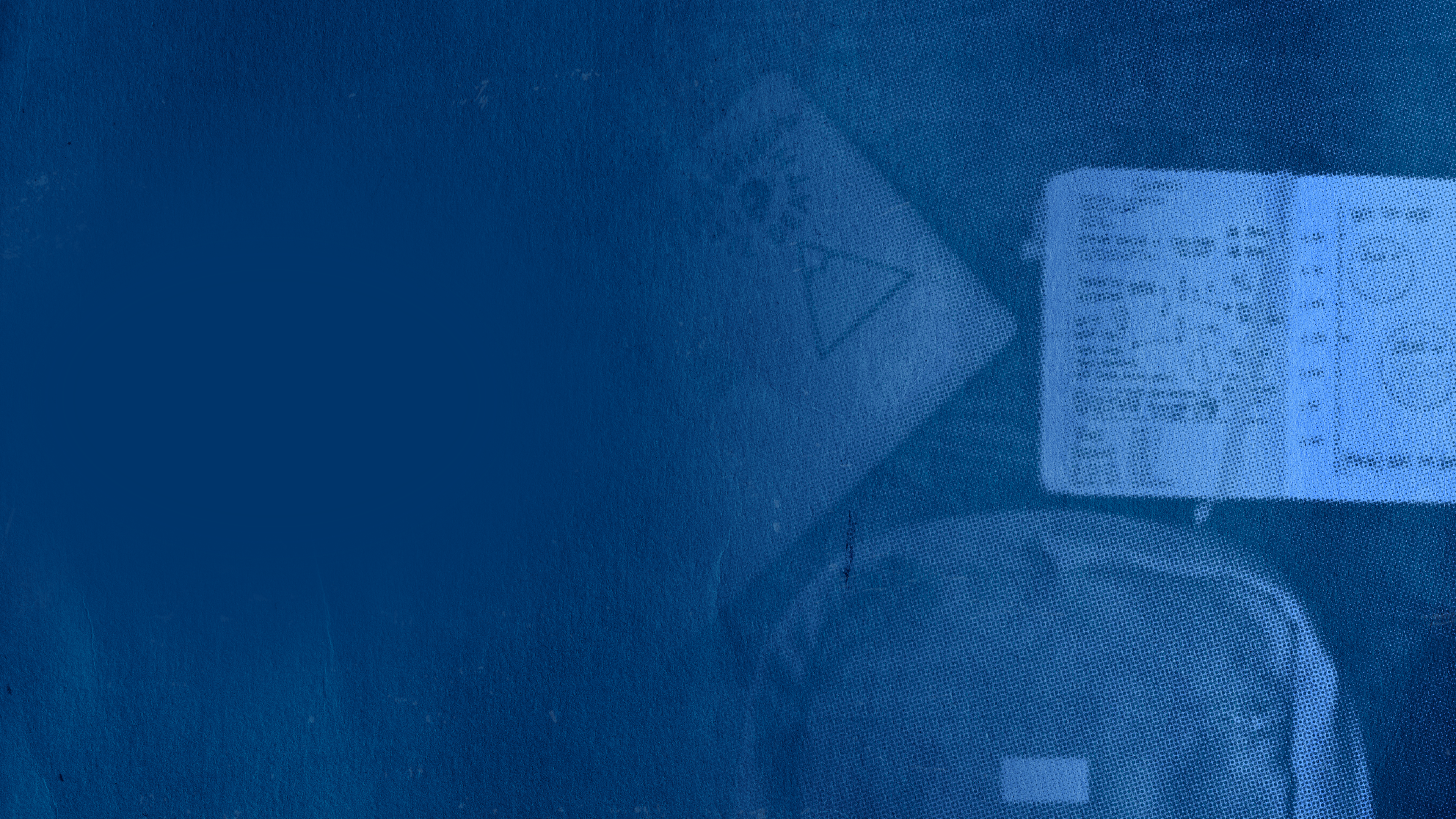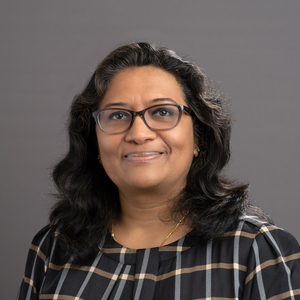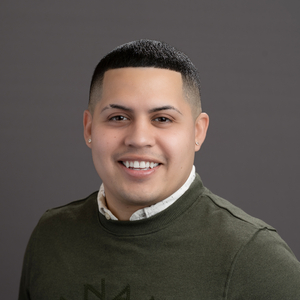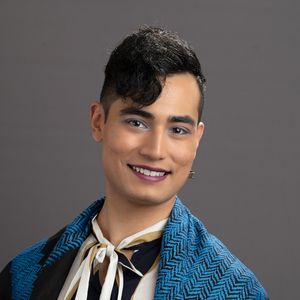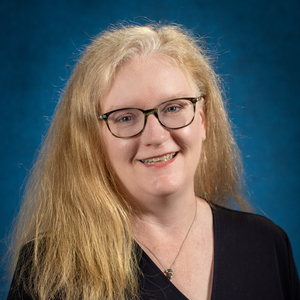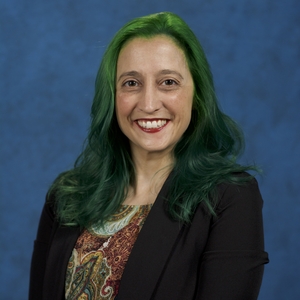In the fall of 2015, Yale students protested in response to racialized incidents on campus. In the months that followed, conversation continued. Students showed administrators how the Yale’s academic and social structures perpetuated outsiderness and non-belonging for many students, especially BIPOC students, first-generation, low-income (FGLI) students, and students from non-traditional backgrounds.
Meet Our Team
-
- Office of Educational Opportunity
Ismihan Abdelkadir
Woodbridge Fellow, Office of Educational Opportunity -
-
- Office of Educational Opportunity
Geoffrey Canales
Assistant Director of Disability & Neurodiversity, Office of Educational Opportunity -
- Office of Educational Opportunity
Joshua Faires
Assistant Director, First-Generation/Low-Income (FGLI) Student Success -
-
-
Philosophy
Our core belief is that learning works best when students are lifted up. Students should be empowered to find their strengths and make unique contributions to the social and the knowledge-making communities to which they belong.
-
Approach
A college education isn’t only about what happens in the classroom. Extracurricular activities, research, paid work, study abroad, internships, job searches, and leaves of absence all contribute to students’ growth during college.
Community
- The best learning culture is one that cultivates community. Education is fundamentally a social, collaborative, and collective pursuit. It relies on conversation, support, and insight.
- In order to build and maintain an academic community at Yale, everyone must be included, and everyone must feel that they belong—that their voice matters.
- Every single student brings a unique background, identity, personality, and set of experiences to their education—and that this is a strength. This diversity making Yale a rich place for growth and development.
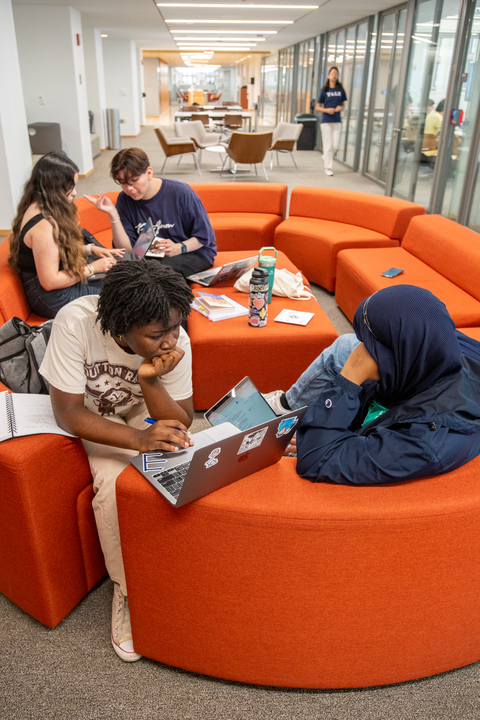
Student Agency
- We are student-led in our programming. The best way we can support students is to listen to the students themselves, hear their concerns, and then work to address those challenges. We constantly evolve and adapt.
- When students learn how to understand and develop their own unique interests, they are better positioned to pursue them and to take ownership of their education.
- Learning is hard and accompanied by growing pains. “Big picture” conversations about what is at stake for students personally in the learning process are key to helping students maintain motivation.
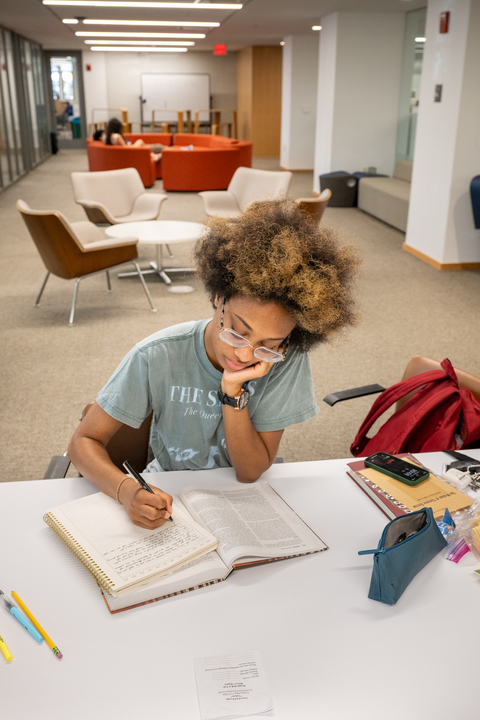
Vision
- We strive to create community among students. We do this by helping students learn how to create networks of support among peers, faculty, alumni, staff and professionals.
- Because a sense of ownership and belonging are central to student learning, we help students identify the interests and strengths that are unique to them as individuals. We help students figure out how to grow these strengths and interests through all of the resources available.
- We help students become strong self-advocates, and we help students learn how to create a vision/philosophy for their own education.
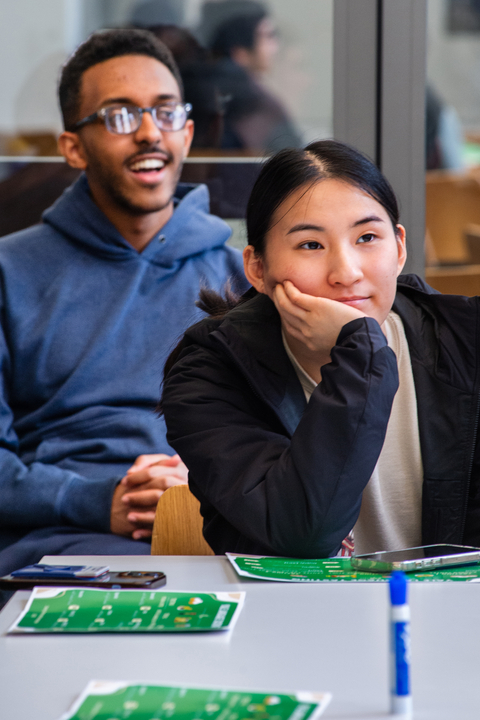
Our Methodology
- We demystify the hidden expectations and assumptions that affect how students navigate Yale.
- We offer 1-1 mentoring, small group mentoring, interactive workshops, and events with campus partners and alumni
- Nearly all programming is led by trained juniors and seniors.
- Offerings are synchronous so that participants can have live conversations to foster connection and community.
- Delivered content combines educational research, pedagogical best practices, and student input.
- Each program format is designed to:
- Develop relationships and mutual support
- Respect each student’s unique experiences
- Help students find strategies that will work well for them
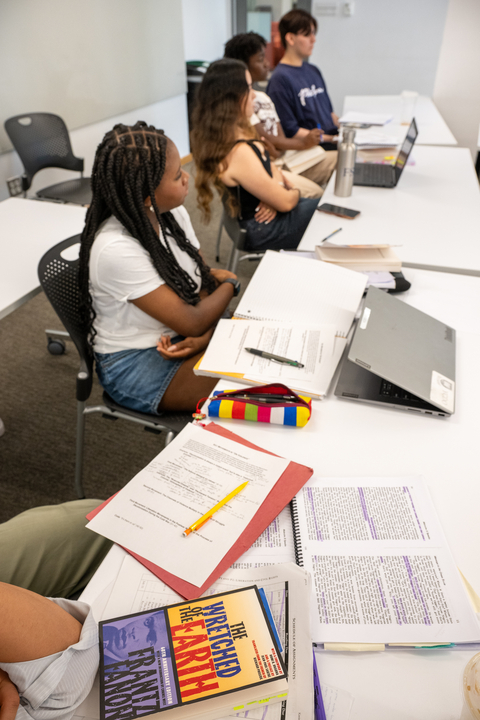
Our History
Yale College Dean Jonathan Holloway asked the executive director of the Center for Teaching and Learning, Dr. Jennifer Frederick, if there was any programming to help these students thrive at Yale. Dr. Frederick asked her undergraduate team to help, and the Academic Strategies Program was created.
After months of research and interviews with students, faculty, and staff, founding director Dr. Karin Gosselink identified areas of academic life where students needed more strategies and guidance. These areas included how to approach and work with faculty, how to take ownership of learning, how to manage time, and how to take advantage of academic and professional resources. Two FGLI students, Eva Albalghiti and Sebastian Perez, were hired to help research and develop 6 initial workshops. These workshops were designed to offer effective strategies that were grounded in the lived experiences of Yale students. 9 more undergraduate students were hired to serve as mentors. These undergraduate mentors led the workshops and met 1-1 with their peers to provide advice and support as students pursued their academic goals. In our pilot year, we assisted nearly 200 students, and were given the green light to expand our network.
From the beginning, Academic Strategies programming was designed to empower all Yale students. When the Yale College Community Initiative for First-Generation and Low-Income students was established in Fall 2018, it became a close partner to Academic Strategies. Once that initiative began, Academic Strategies also began to work with Yale’s summer bridge program for FGLI students, First-Year Scholars at Yale, to offer workshops and individual pre-advising. In 2020-2021, we sponsored FGLI Peer Mentorship groups for over 200 first-year and sophomore students.
In July 2023, Yale College joined with the Poorvu Center to create the Office of Educational Opportunity, which now supports four peer-based student success programs: our original Academic Strategies Program (2016), FGLI Thrive (2019); Disability Peer Mentors (2020); and STEM Navigators (2022).
We have a staff of nearly 100 undergraduate and graduate student mentors, and we partner with many Yale offices, including the Office of Career Strategy, Fellowships, Yale Libraries, our residential colleges and cultural houses, and a variety of academic departments and programs.
